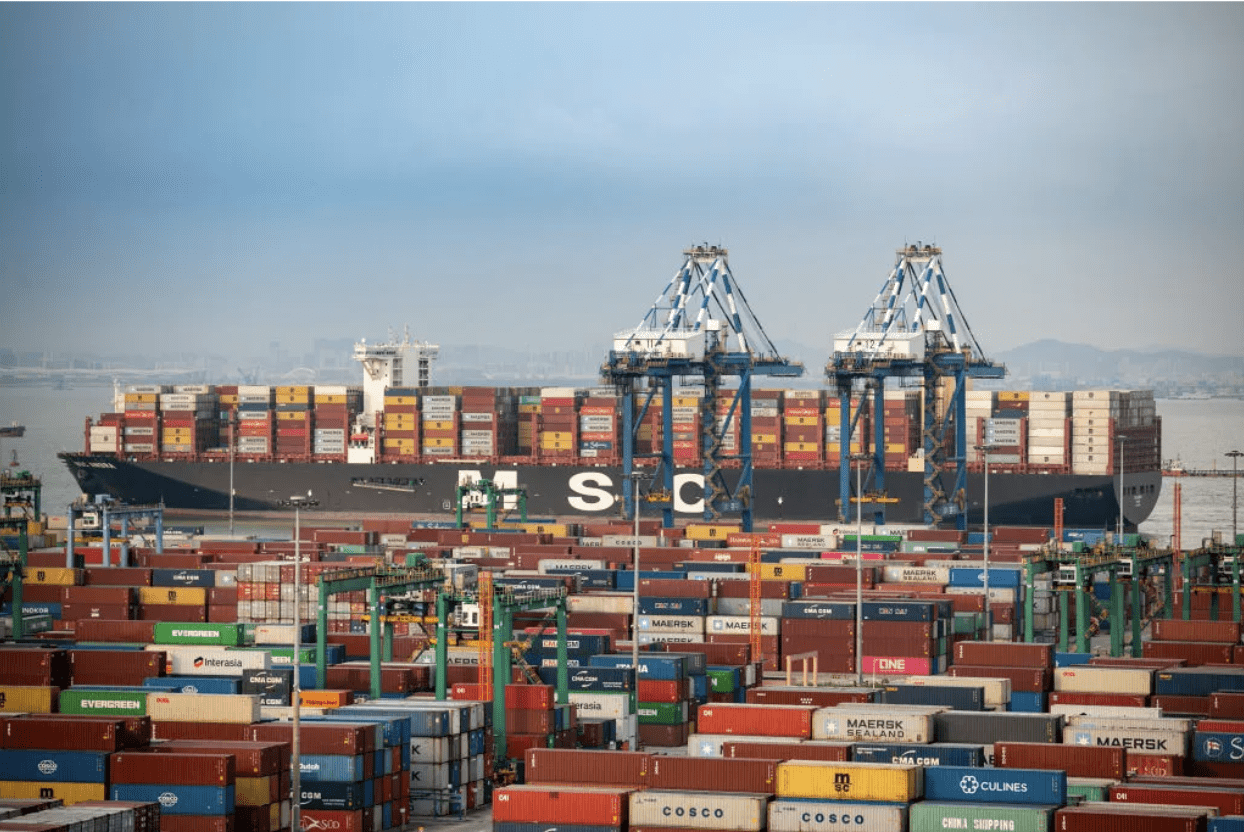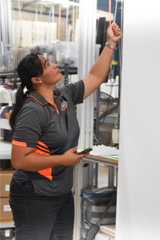It is no secret that every business has been struggling to cope with supply chain disruptions over the last two years. There is not a single trade lane that has not been impacted. The following information will help you to understand the extent of the crisis and challenges facing us and you when it comes to having stock arrive “on time”.

This information was published by our freight forwarder BR International.
- As of Jan 31st, schedule reliability is now at record lows
- Average schedule reliability has slipped to just 32% on time
- With some shipping line’s schedules performance as low as just 15%
- On-time arrivals had slipped a further 12% since 2020
- The average lateness of vessels had increased to 7.33 days
Further compounding this, is the increased rate of COVID infections impacting the Australian container logistics chain over the past couple of months.
Australia’s container transport operators report a 5% to 20% reduction in available staff, including drivers, warehouse employees, forklift operators, unpack crews, and administrative staff. At the extreme, Melbourne has reported close to 50% loss of available labour.
According to DP World Australia, 10% of its workforce are impacted, either through having contracted COVID-19 or being isolated at home with a positive case.
All the major stevedoring companies in Australia are still facing significant delays in berthing vessels.
Consequently, the persistent import and export demand coupled with the significant operational headwinds caused by the COVID pandemic, have many in the container logistics sector commenting that it is one of the most difficult times they have ever experienced.
















